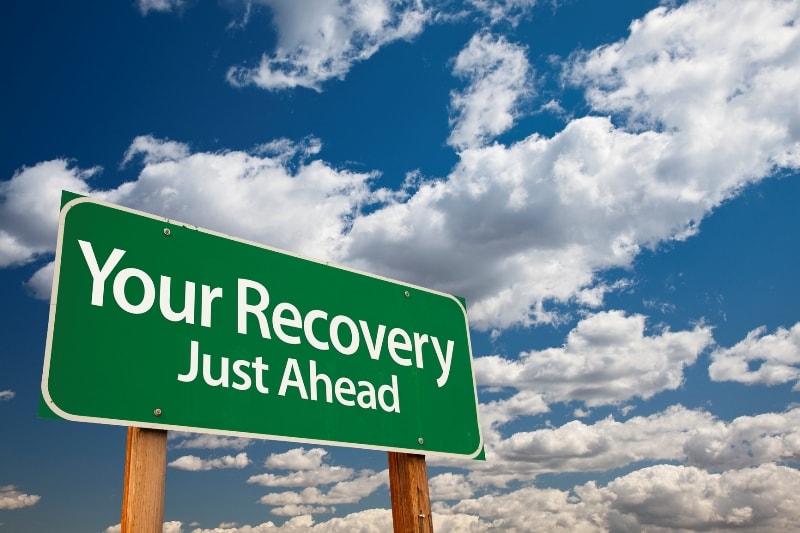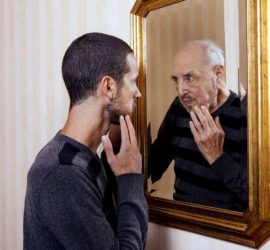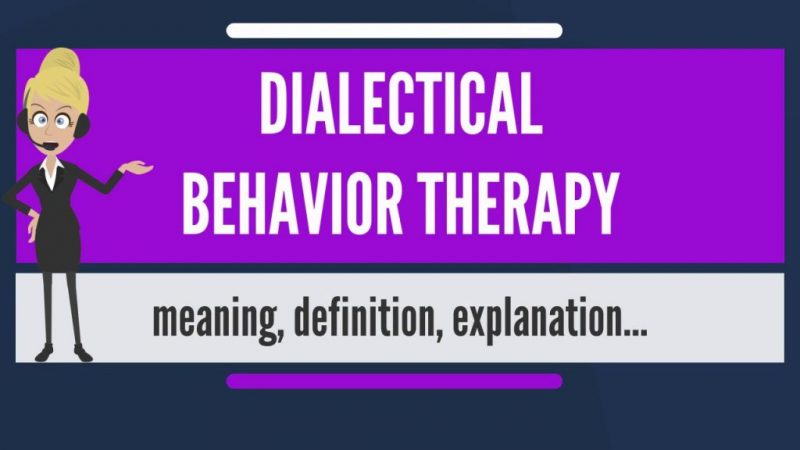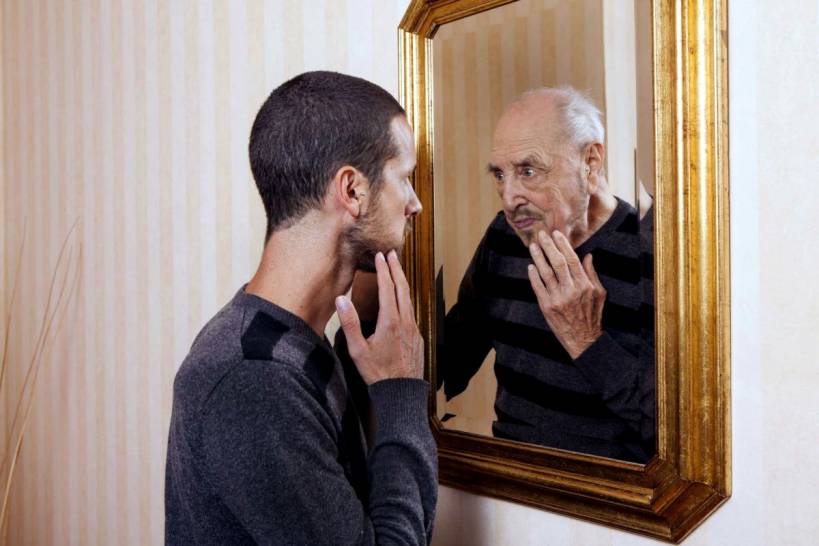After almost 10 full years of continuous clean time in recovery, I have learned a great deal.
If I could turn back time and start over again fresh at day one in recovery, here are the critical lessons I would most hope to take with me.
This is the juicy stuff I have learned on my journey:
1. That there is no secret to recovery. Only hard work, action, and commitment produces real results.
So many people in recovery believe that they have found the one and only secret that will allow them to stay clean and sober successfully. For the vast majority of addicts and alcoholics, this is the 12 step program.
Many people believe that the 12 steps have mystical power, that they were the ultimate secret to beating addiction that we were just lucky enough to uncover thanks to Bill Wilson and Dr. Bob. This is a ridiculous way to think, even though I can see why many people cling to this mindset out of fear.
I am not knocking 12 step recovery. It is valuable for some people. But, you must realize that it is not a magic recovery method. There is no magic in it. There is no secret power in the 12 steps that produces great success rates. In fact, the success rate is quite poor. But aside from that, the program can work for some people. It is just not the magic bullet that they believe it to be.
Now, given that, what is the secret to recovery? Only hard work. If you want great results in recovery, you have to put in massive effort. What you do only matters a little, so long as it is positive action and you keep pushing yourself to learn and to grow. The rest is just details.
2. The drama in your life is your own. Nobody cares. Find a way to deal with it, or relapse.
From what I saw in early recovery, everyone who is trying to get clean and sober is, in some way, a bit of a drama queen. They all have some degree of self centeredness, they are all either wrapped up in anger, self pity, or resentment of some sort. And in traditional recovery circles, everyone is going to meetings and basically unloading all of their crap like it is group therapy.
You have to find a way to deal with this stuff. You have to find a way to make recovery work for you. It is your responsibility to do so. No one else can step in and figure out how to manage your recovery for you.
For example, I noticed in early recovery that I was addicted to self pity. I took resentment and turned it inward. This was what I loved to do, and it was also how I used to justify my drug use. Self pity was sort of like the big character flaw that kept me sick.
So I had to realize this, and then I had to decide to overcome it. It took serious effort. I had to learn about gratitude and how to practice it. I had to realize that some other principles were not as important to my recovery, but that getting over this particular hurdle (for me) would be crucial.
We all have our own personal Mt. Everest in recovery. Maybe you suffered abuse as a child, and still resent it. Whatever it is, you need to pin it down, and destroy it. It takes what it takes. You may need to seek help, therapy, professional help, etc. Do whatever it takes, because the responsibility is entirely on your shoulders.
3. That the most powerful spiritual principle in recovery is gratitude.
Gratitude is so powerful that it can overcome almost anything, it can prevent any form of relapse. How does it do this?
Because someone who is truly grateful will not have a need to self medicate. They will not have a need to alter their state of mind with drugs or alcohol. They will appreciate their whole life, their whole existence, and they will appreciate that very moment that they are experiencing….and this is enough. They do not need more than this. They do not need to add anything to their life, they do not need to change their experience with a buzz.
Every single addict and alcoholic who has relapsed had a moment that was like the flipping of a switch in their brain. At that moment, they said to themselves: “Screw it.” That is the point of no return. That is the point when the relapse has been decided. They will drink or use drugs. It is over. No more clean time. No more recovery. That moment comes when they say “screw it.”
Gratitude is the opposite of saying “screw it.” Gratitude is about hope, about being grateful for existence itself, and grateful for what the future may hold for you.
And it takes practice. You don’t just choose to be grateful one day. Instead, you have to practice cultivating gratitude in your life. You have to remind yourself, train yourself how to appreciate things. You have to work at it.
But of course, the payoff is definitely worth it. People who are truly grateful do not relapse.
4. That the cockiest people at the AA meetings were going to relapse anyway.
When I first got clean and sober, I was going to 12 step meetings every day, because I was living in a long term treatment center. I continued to go to 12 step meetings for about the first 18 months of my recovery. After that I largely quit going to them, and found other ways to actively engage with recovery.
I noticed right away that there were some cocky people in the meetings. I went to various meetings too, there are several in my town, both AA and NA, and I noticed that there was always certain people in the meetings that just rubbed me the wrong way. Some of them were cocky. But it was not quite that really. It was more that they were fear mongering. They would threaten the whole meeting with the idea of relapse, and how most of us would not make it to a year sober, and blah blah blah. They preached fear as a means of convincing themselves that they would stick to the program.
I am so glad that I did not buy into this fear, and that I left “the program” and found my own path in recovery. Almost 10 years later and I am still using my own brain to seek positive action in recovery.
And over the years, I noticed something about the fear mongers in 12 step meetings: they all relapsed. I have to admit that I felt a twinge of pride at that because those people are damaging, in my opinion. They used to preach at me that I would relapse and die if I ever quit going to 12 step meetings. So I am glad that I had the strength to walk away from that negative, fear-based message.
5. That self pity really is a big waste of time and mental energy.
I noticed in very early recovery that I was holding myself back, in a way. I was creating my own problems, through the use of self pity. Why was I doing this?
Looking back at my years of addiction and alcohol abuse, I saw that I had a clear pattern of using self pity as a way to justify my drinking. I secretly enjoyed when bad things would happen in my life, because it gave me the excuse that I need to really get hammered.
Self pity was how I fueled my addiction.
Now, other people with addiction do not necessarily have this problem. Some of them might be more prone to resentment (towards others). If this is the case, then they need to find their own path in overcoming that particular problem.
But for me, it was self pity. That was how I justified my using. And I noticed that when I got clean and sober, I was still using self pity as an automatic defense mechanism.
Of course, I could quickly see that it was not going to keep working for me (unless I relapsed). Having the self pity around was not doing me any good, because I was no longer using drugs and alcohol. So I had to get rid of it, and stop letting myself “go there.”
How did I do that? Basically I shut it down in the same way that I had stopped using drugs, and gave myself a zero tolerance policy for it. I became more aware of when my brain was engaging in self pity, and I shut it down immediately. Then, I forced myself to practice gratitude in order to compensate for this tendency.
Gratitude is the cure for self pity. They cannot coexist. So if you have problems with self pity, shut it down, and then practice gratitude.
6. That self esteem is something you create; something you build….not something you wish for.
Some people out there might disagree with this idea. But it was important, for me at least, to come to terms with the fact that I could not make magical wishes and somehow feel better about my life and my situation. I had to put in real work, real effort, real action….and only then did my self esteem start to improve.
I think every person who is successful in recovery can look back at their journey and agree that, “yes, I had to fight like a dog to build up my own self esteem.” We each have to claw our way to victory. In terms of overcoming an addiction, that means a whole lot of blood, sweat, and tears in learning how to live without self medicating every day.
You can’t just wish that things where different in recovery, and magically see the changes occur. You have to put in the work. Taking action is the real key to this. If you want to feel better about yourself, then it all starts with what you are going to do today. Do. As in, verb. As in, you, taking action.
Sitting around and thinking does not cut it. And even though there is some great recovery literature out there, sitting around reading about recovery is not necessarily going to change your life, either. You have to dive in with both feet and get busy. Maybe that means you will need to go to 12 step meetings every day. Maybe that means you will start working with other addicts and alcoholics. All just details. What is key is that you take consistent, positive action.
Recovery is about doing. Recovery is about living. It all comes back to action. Those who do not take positive action in recovery end up relapsing.
7. That exercise would turn out to be a huge breakthrough for me.
Never would have foreseen this during my first two years of recovery. In fact, I had a therapist during my first year who tried to get me into exercise and working out. I sort of half tried it for a while but none of it really clicked for me. I am not sure why it did not click at the time, but it just didn’t. I said, “this is nice, and I am sure fitness helps some people in recovery, but it is clearly not for me.” Boy was I wrong.
So fast forward to a few years into my recovery, and suddenly I decide to take up running, on a whim.
It is not easy and is actually quite miserable for a few months, then suddenly, everything clicks like magic. Running is easy, enjoyable, and spiritual. It is a moving meditation and I could never dream of going without it. Five years later and I am still going strong.
Apparently I just had to get over that hump. But now that I am in shape, I would say that exercise is one of the main pillars of my recovery. Really, it is that strong.
Those who dismiss physical exercise as being unimportant to their recovery are just missing out. Their life could be so much easier, if they could get past this hump, and commit to doing regular, vigorous exercise.
8. That it is pointless to invest time and energy into someone who is not ready to quit yet.
I have worked in the treatment industry for about 5 years now, trying to help sick addicts and alcoholics to get clean and sober and turn their life around.
In addition to that, I am in recovery myself, and most of my friends are in recovery as well. Some of them have, on occasion, “slipped back over to the dark side.”
So I have had some experience with trying to help others to get clean and sober. And here is what I have learned:
Recovery is hard, no matter what program is being used, and no matter what the circumstances are. Period. Recovery is tough, and the odds are not great.
But here is the thing: after working in a drug and alcohol rehab for 5 years, I have watched thousands of people try to get clean and sober, and we can divide all of those addicts into 2 groups:
* People who genuinely want to get clean and sober.
* People who only sort of want to be there, and might be doing it for a friend, family member, to try to save a marriage, or a job, and so on.
So you have 2 groups of people. Those who really want it for themselves, and those who do not. And here is the thing: most of these people don’t make it in recovery. Period!
That includes all of both groups. Even those who really want to get sober, a large percentage of those people will relapse.
So can you imagine how pointless it is to try and help someone from the other group, the folks who really don’t care much to begin with?
If someone wants to get clean and sober–then by all means, help them. But if they do not even want sobriety for themselves yet, then you are wasting your energy.
This idea may seem obvious right now, but the whole game changes when it is our friend, family member, or loved one that is out of control. But these ideas still apply all the same, unfortunately…
9. That success in recovery breeds more success. Take massive action and break through to a better life.
An addict who is just getting clean and sober is not someone on a winning streak. They say that all the time in 12 step meetings: “You did not come into this program because you were on a winning streak.” Of course that is true. No one gets clean and sober when everything is going real good in their life. It would be stupid to do so, actually. Why change when things are going well? It would not make sense.
In early recovery, you might be depressed. You may feel like getting sober is just another low point in your life after being “on a losing streak” for so long. So it can be hard to turn that around and make it into something positive.
But this is exactly what you must do. And then, once you convince yourself that being clean and sober is a win, you have to follow it up with another win. What will that be? It might vary from person to person. You overcome addiction when you start to pursue real growth in your life.
For me, I moved into long term rehab, and felt like I was at a low point for doing so. But then good things started to happen. I took some suggestions and went back to college. Soon I had my degree. I took another suggestion and started running. Now I run about 30 miles per week and get huge benefits from doing so. I also took some of this discipline that I learned and applied it to starting a business, which is now thriving.
And so on. If you do it right, then you will build on your successes in recovery. Each “win” in your life should motivate you to achieve the next goal. You should develop a bit of momentum. Life should keep getting better and better.
If you’re not quite there yet, then don’t worry. Just relax, and focus on one thing. At first, it is enough to get through one day sober. But you have to push yourself at some point, to learn and to grow in some way.
Don’t try to take on the whole world at once. Like I said, focus on one goal at a time. For example, I spent several months where my only goal was to quit smoking cigarettes. It was time well spent and I eventually succeeded. Then I moved on to work on my fitness goals. And so on.
10. That even though it can be tough, recovery is SO worth it.
Recovery can start out hard. It is difficult at first, no doubt about it. But of course, the rewards are SO worth it in the end.
If you are actually learning and growing in your recovery, and building on each success that you have, then live just keeps getting better and better as you go along. Really what you are doing is refining what it means to be an effective person in your life. You learn new things, try different stuff, and stick with whatever works for you. In meetings they say “take what you need and leave the rest.” Do this on a broad scale and apply it to your entire life. Recovery is personal growth. Push yourself to learn, to grow as a person, and to love others.
At that point, your sobriety will take care of itself.









